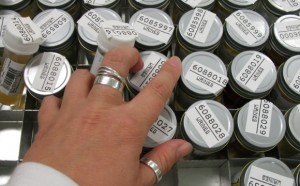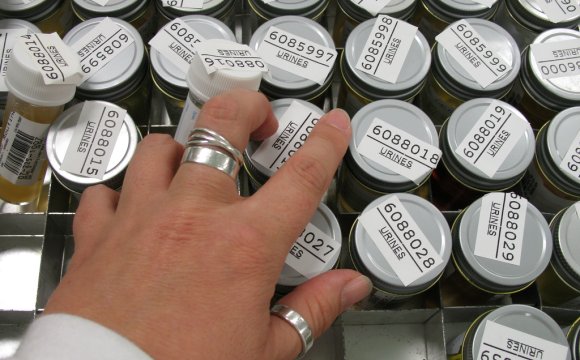
While it’s possible to extract hydrogen from water, the process is rather energy intensive and isn’t yet commercially viable.
Gerardine Botte of Ohio University believes she may have one possible solution. Instead of cracking hydrogen away from its tight bond in water, the University has demonstrated that it takes much less energy to extract hydrogen from urine, whether that’s synthetic urea or real, honest-to-goodness human urine.
As the single most abundant waste on the planet, there’s certainly no shortage of urine in the world and, according to Botte, this technology can be quickly and easily scaled up as a way to both generate hydrogen and help clean up sewage plants.
Sounds like a win-win scenario to us.


